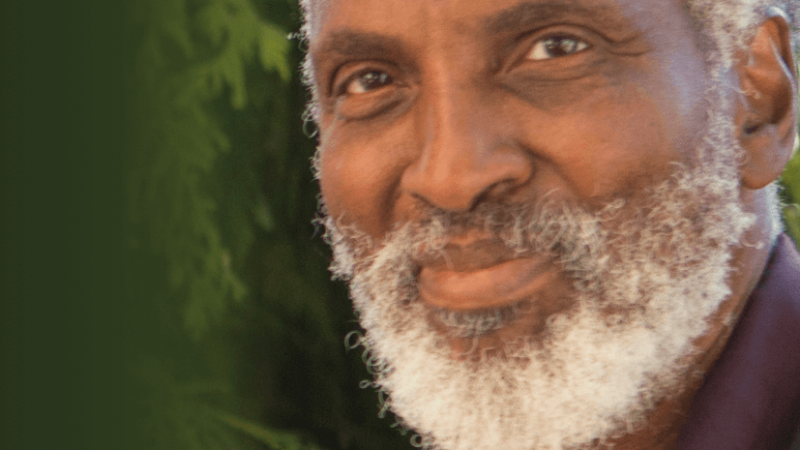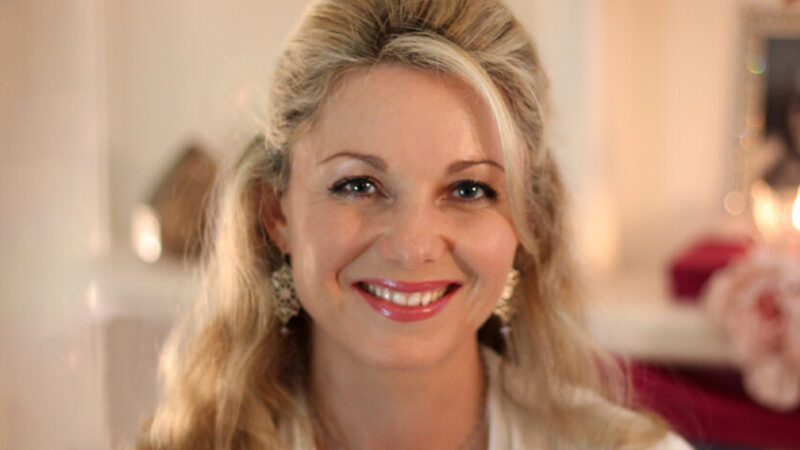We Suffer Ahead of Time
There is a kind of pain that is born from the anticipation of something that we know will happen but has not yet happened. We suffer a lot for things that have not yet happened. We anticipate, in excruciating detail, the pain of a visit to the dentist or a planned surgery. We spend several months suffering the pain of giving birth. We suffer for the death of a loved one months before cancer takes their life. We suffer for things that do not yet hurt, in such a way that when real pain does arrive, our body and mind are already exhausted.
Our bodies are wise; this we have said already. Our bodies and our minds feel the impulse to repair the damage detected. When we feel pain, we activate a repair system with the objective of recovering the balance lost. But we must take care not to end up like Peter in the tale of “Peter and the Wolf”: he warned so many times about the wolf coming, without it being true, that when it did truly arrive, nobody believed him. If we activate the alert mechanism in the face of pain ahead of the time, then, when we need them the most, we won’t have any resources left to cope with it.
The source of emotional pain is often caused by:
- Adversity
- Frustration
- Disappointment
- Unexpected change
- Judgments and thoughts
- Reality
- Imagination
- Fear
- Anticipation
Suffering and adversity are just part and parcel of life. Any day we might experience the greatest and most unexpected of tragedies. But what really matters is not what could or might happen to us—which can be just about anything—but what is actually happening to us. When we speak about misfortune and adversity, we must speak about probabilities, not possibilities, namely the likelihood that any of the adversities we are exposed to might occur. Is there a chance that a piece of space debris might fall from outer space and split my head open? I don’t have the evidence to deny it. However, if I am going to be afraid of anything, in my case it would be the cows I meet in the mountains when I’m out for a run because it’s far more likely that I will be trampled by a cow than get hit by a piece of space debris.
So, if you ever ask yourself, “Why me?” remember that we are fragile; that we live in a hostile environment; and that sometimes, with the behaviors and the decisions that we make—or don’t make—we are taking risks that can lead us to adversity. However, at other times, the cruelest fate hits us with adversity.
Building a Wall Is Not the Solution
Some people think that the solution to live more at ease is to build a wall to defend themselves. Do not make that mistake; the wall will defend you from exterior aggressions, but it will also prevent you from enjoying the wonderful things around you. If you build a wall, you will prevent disappointment, but you will feel bitterly lonely. A wall can protect you from fear of change but will create an inability to adapt to different situations. The wall will provide you with safety, but it will also make you a person who is dependent on its protection; it will make you insecure and fearful of what will happen when that wall disappears. I encourage you to build, instead of a wall, a library full of resources to help you maintain the level of emotional strength that you need.
What’s more, when we attempt to protect ourselves by adopting strategies that are damaging, and when we wear armor, we disconnect emotionally from the people around us and from reality. Building a wall is never the solution because it will not protect us from that pesky space debris looming above our heads. Don’t forget: prudence is good, fear is not.
Reflection Exercise
I encourage you to do an exercise. Analyze the pain you are experiencing and try to identify its source. Don’t leave it for tomorrow. Don’t click to the next site just yet. Just pick up a notebook and a pencil, find a quiet place right now, and reflect. Take action, because it’s up to you to do something about this. Nobody will do it for you.
Learn more about this powerful practice of healing trauma in Kintsugi: The Japanese Art of Embracing the Imperfect and Loving Your Flaws by Tomás Navarro.
Tomás Navarro is a psychologist who loves people and what they feel, think, and do. He is the founder of a consultancy practice and center for emotional well-being. He currently splits his time between technical writing, training, consultancy, conferences and advisory processes, and personal and professional coaching. He lives in Gerona and Barcelona, Spain.





